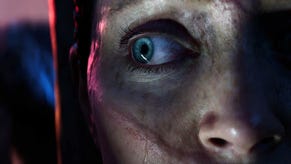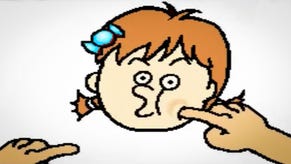The magical mysteries of great matchmaking
A match made in heaven.
Considering it's such a streamlined mutliplayer-only tactical game, Clash Royale has a surprising amount of personality to it. Many personalities, even - a jostling rabble of them.
There are those skeletons. Christ, they're good, dropped onto the field in a little circle and then chewing through everything they encounter. There's the Princess - the unit I most long for at present - who turns up in later arenas and wields what amounts to a sort of flamey shotgun. This is royalty I can get behind.
But none of these are my favourite in-game personalities. My very favourite isn't found on the battlefield, in fact: it's the thing that gets you onto the battlefield. My favourite personality in Clash Royale lurks in the matchmaking code.
I don't play many multiplayer-only games, so I imagine most of you have experienced this sort of thing: a fascination - quickly curdling to a suspicion - about exactly what happens when player is matched with player. I remember watching the sparks fly and the tumblers turning in Hearthstone and wondering what was taking place behind the animation, but I didn't play Hearthstone very seriously, and so I didn't wonder very hard.
Clash Royale is a different matter, though. In Clash Royale I wonder constantly about what the matchmaking is up to. And, inevitably, I have theories. Conspiracy theories.
I spend a lot of time wondering if matchmaking is screwing with me on purpose. The further you go in Clash Royale - I'm on the clockwork-style arena at the moment, I can't remember the name or the number - the more you start to realise that, behind the deliriously brilliant design of this knock-down-the-towers game, there is a serious problem. Because it's free-to-play, and because its economy revolves around collecting cards and levelling up units and basic tower stats, behind the rock-paper-scissors stuff there's the problem that you may just be matched against someone who's simply levelled their units to the point where they're just flat-out better than yours. I see this all the time, and from both sides. I'll be playing badly and let someone's giant through to my tower, and then I'll realise that the enemy giant is barely doing any damage at all. My tower is hilariously over-levelled in comparison, and so I'm going to be fairly safe for the next two minutes. Equally, I can be playing brilliantly, but my troops, when they get through, simply cannot do much damage. The game has sometimes been won or lost in the matching of unbalanced players, both of which have been brought together, I guess, because at that particular moment, they both happen to have the same number of trophies - the means by which Clash Royale moves you up and down through arenas.
This meeting-players-who-are-just-more-powerful-than-you should cut against a game which is ostensibly about the strategic nous with which you select a hand of cards, and the tactical brilliance with which you then deploy them. It does, a bit, although I'm also willing to admit that, as a largely unskilled player, I have definitely been felled by more elegant foes who, stats-wise, I towered over.
The potential mis-matching, though, also provides a little meta-game to emerge. Not a game between players, but a game between me and the matchmaker. I am obsessed with the idea that it knows when it is throwing me an easy match, and when it is dropping me into a situation where I'll be pulverised. I have become a weird sort of Clash Royale truther.
And it has led to some strange behaviours. For a while, I took to deleting Clash Royale when I wasn't playing it. This was partly because I worried I was playing it too much, but, if I'm honest, it was also because I was thinking that the game would be so delighted to have me back when I reinstalled it that it would throw a bunch of easy games my way. For a while, I saw evidence of this. And then I started to realise that I was probably just seeing things.
Since then, I have seen many other things. I have seen proof - absolute proof - that the matchmaker rewards me with easy games if I drop a bit of money in. I have seen absolute proof - absolute conflicting proof - that it rewards me for fighting through without paying any money, for being a good minnow for all those whales to eat. I have seen proof that it likes to give me a string of victories and then ramp things up just as I'm close to moving to a higher arena, to keep me hooked. I have seen proof that it will pull me out of the worst slump with a few easy wins so as I don't get dispirited and chuck the whole thing in for good.
I have no doubt, ultimately, that Supercell is capable of pulling off some enormously clever tricks behind the scenes. But I also have no doubt that there is more than a little truth about player psychology contained in Keith's recent Saturday article, in which he explores how players of the excellent Big Red Racing used to construct complex theories about enemy AI when there was, in fact, no enemy AI at all, just prerecorded circuits for each vehicle, laid down by a bored designer.
I can know these things, of course, and still feel something different when I press the big shiny button and wait for my next opponent. Getting into a game like Clash Royale is all about immersing yourself in complexity, of course. That's the fun of it, and it explains why half my browser tabs at any time are filled with Clash Royale wikis and streams. So what if some of that complexity is imagined? So what if some of the strategic fun only really exists in my own head?
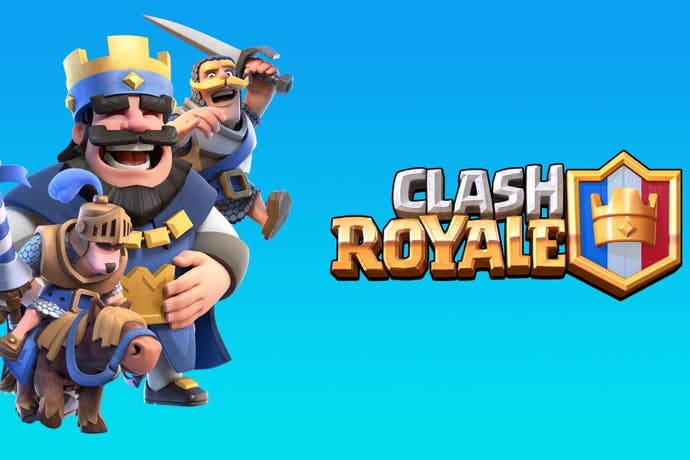


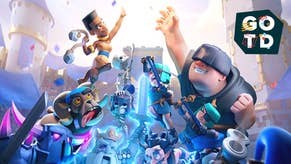
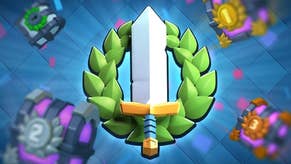
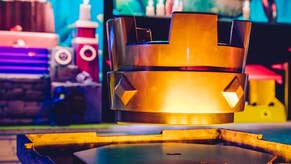




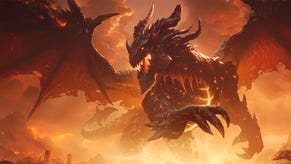
.png?width=291&height=164&fit=crop&quality=80&format=jpg&auto=webp)
